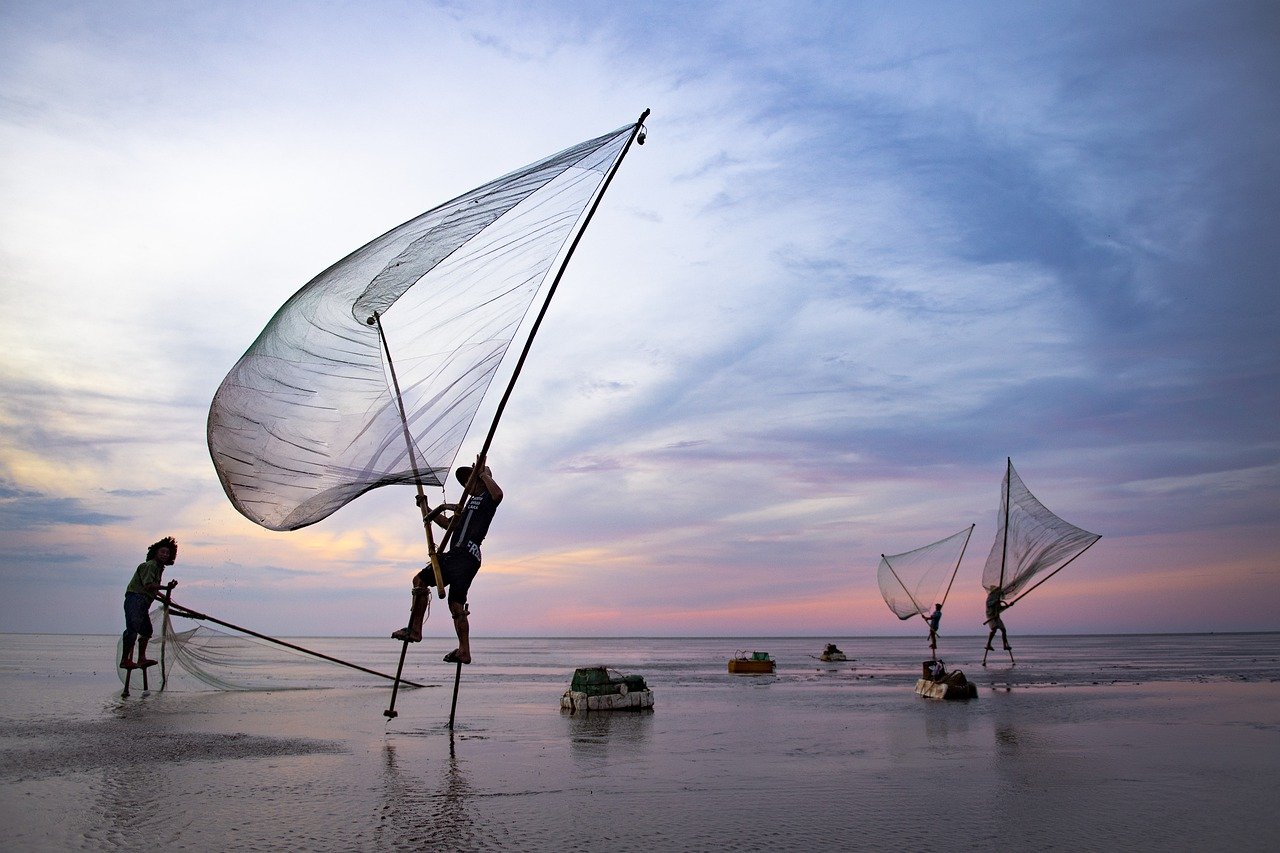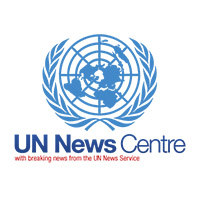Aquaculture, or fish farming, is one of the fastest growing food-production sectors in the world, according to the Food and Agriculture Organization (FAO), reaching an all-time record high of 114.5 million tonnes in 2018. Asian countries continue to account for the vast majority of farmed fish production, some 90 per cent over the last two decades and, since 2016, aquaculture has been the main source of fish available for human consumption.

Overfishing of wild fish is an ongoing problem, and the FAO warned in its 2020 World Fisheries and Aquaculture report, that the status of fish stocks are deteriorating: around 30 per cent are not within biologically sustainable levels, and some 60 per cent are at near capacity.
Aquaculture is expected to further dominate the seafood market in the coming years and, in the same report, the FAO declared that it could have a transformational impact on the way we feed the global population, if it is managed sustainably.
Persistent environmental challenges
Wenche Grønbrekk is the chairperson of the United Nations Global Compact Local Network for Norway, a group of private companies that have agree to work towards the UN’s Sustainable Development Goals (SDGs). She is also an executive at salmon farming company Cermaq, which is based in Norway, Chile, and Canada. She says that the amount of seafood currently farmed could, in fact, be sustainably increased six-fold, given the right conditions.
The article's full-text is available here.

 Author:
Author:









